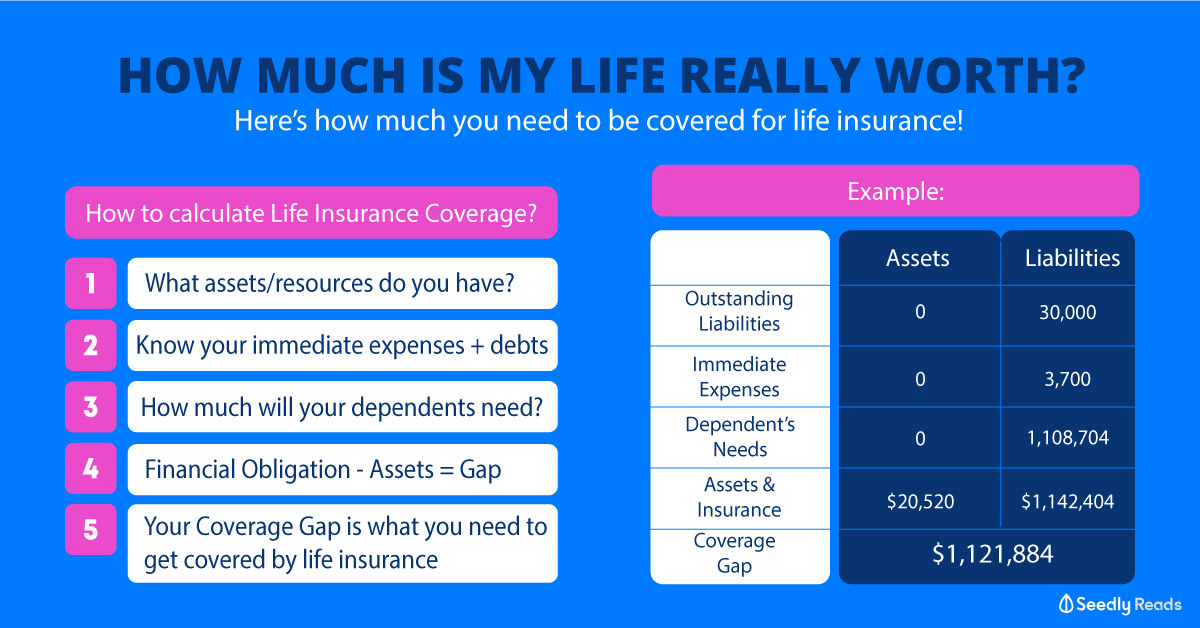Advertisement
How to decide choosing between 10, 15, 20 years payment periods for limited pay whole life insurance policies?
What are the pros and cons of choosing between 10, 15, 20 years payment period for limited pay whole life insurance policies? What are the considerations to take into account? What’s the interest charged per extra year I take to pay off the policy? Is there a sweet spot for most consumers?
1
Discussion (1)
What are your thoughts?
Learn how to style your text
Elijah Lee
26 May 2021
Senior Financial Services Manager at Phillip Securities (Jurong East)
Reply
Save
Write your thoughts
Related Articles
Related Posts
Related Products

AVIVA MyWholeLifePlan
5.0
1 Reviews

Manulife Life Insurance
5.0
4 Reviews

NTUC Income Life Insurance
4.8
4 Reviews
Related Posts
Advertisement








Hi Jacen,
For shorter payment terms, here are some of the pros. For longer premium terms, the reverse of these statements would be their cons.
You finish paying faster
You pay lesser overall
Cash value compounds at a faster rate
Some of the Cons:
Premium is higher in absolute terms
If your claim occurs after you finish paying, you've lost out compared to if the claim occurs while you are still paying.
Cash flow may be affected (ties back to the first point)
Over many years, I have seen clients choose anything from 25 years to even 5 years on their premium payment terms. No two persons have the same scenario and thus some of the considerations people might look at are:
Do I have sufficient cashflow to service the policy
Is the premium too high as a percent of my insurance expenses
If I go for a shorter premium term, do I save enough to make it worth?
Do I have sufficient cash reserves to pay the premiums if I lost my job?
I would say that there really isn't a sweet spot since circumstances differ from person to person, but most young working adults younger than 30 years old would probably choose 20 years to pay off, but there are occasionally people who opt for 10 years. People in their 30s and 40s then to go for 20 or 15, and anyone in their 50s realistically should aim to pay in 10 years. The idea behind a limited payment whole life plan is that you should finish paying for this commitment during your economically active years, and then get to be covered for life.